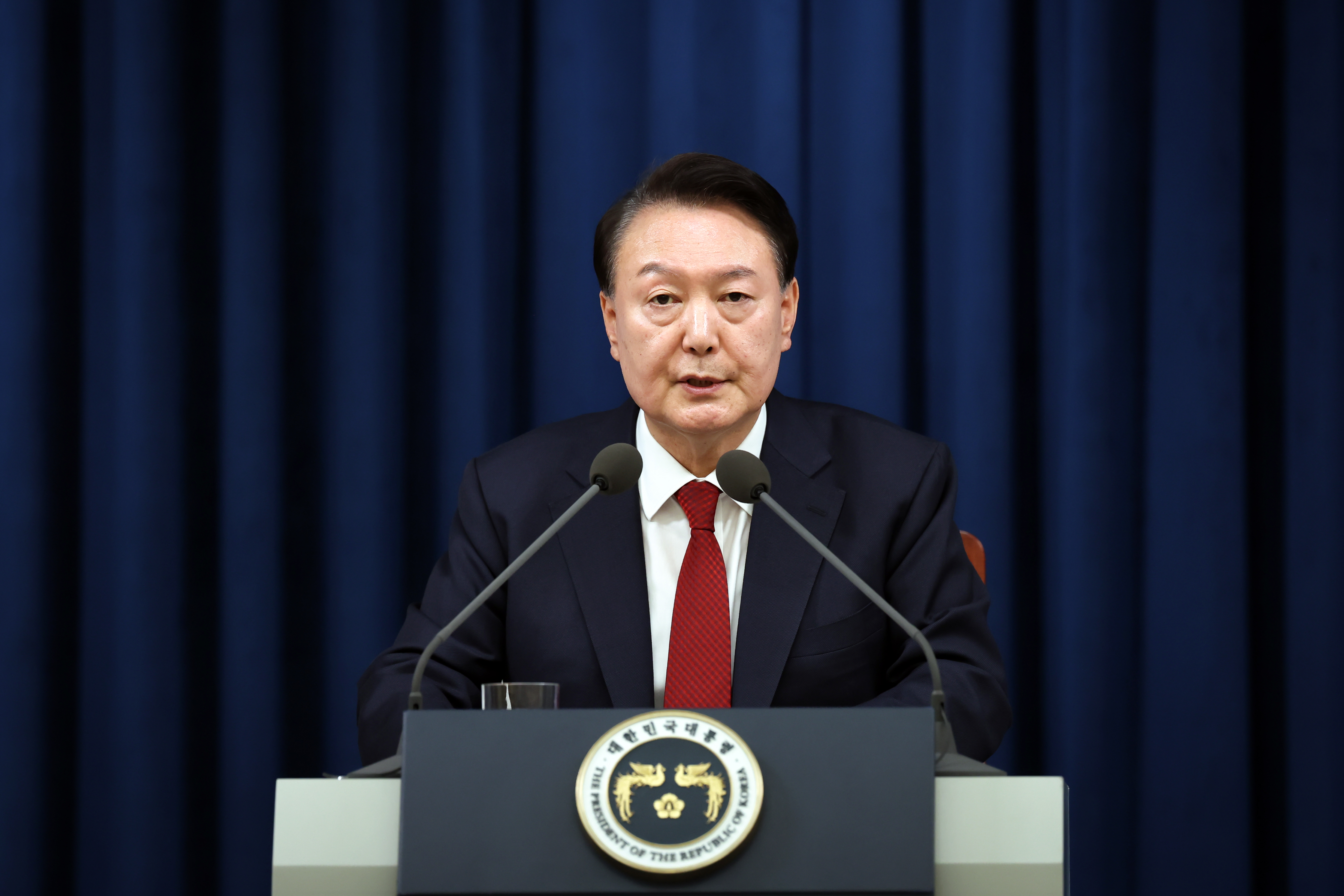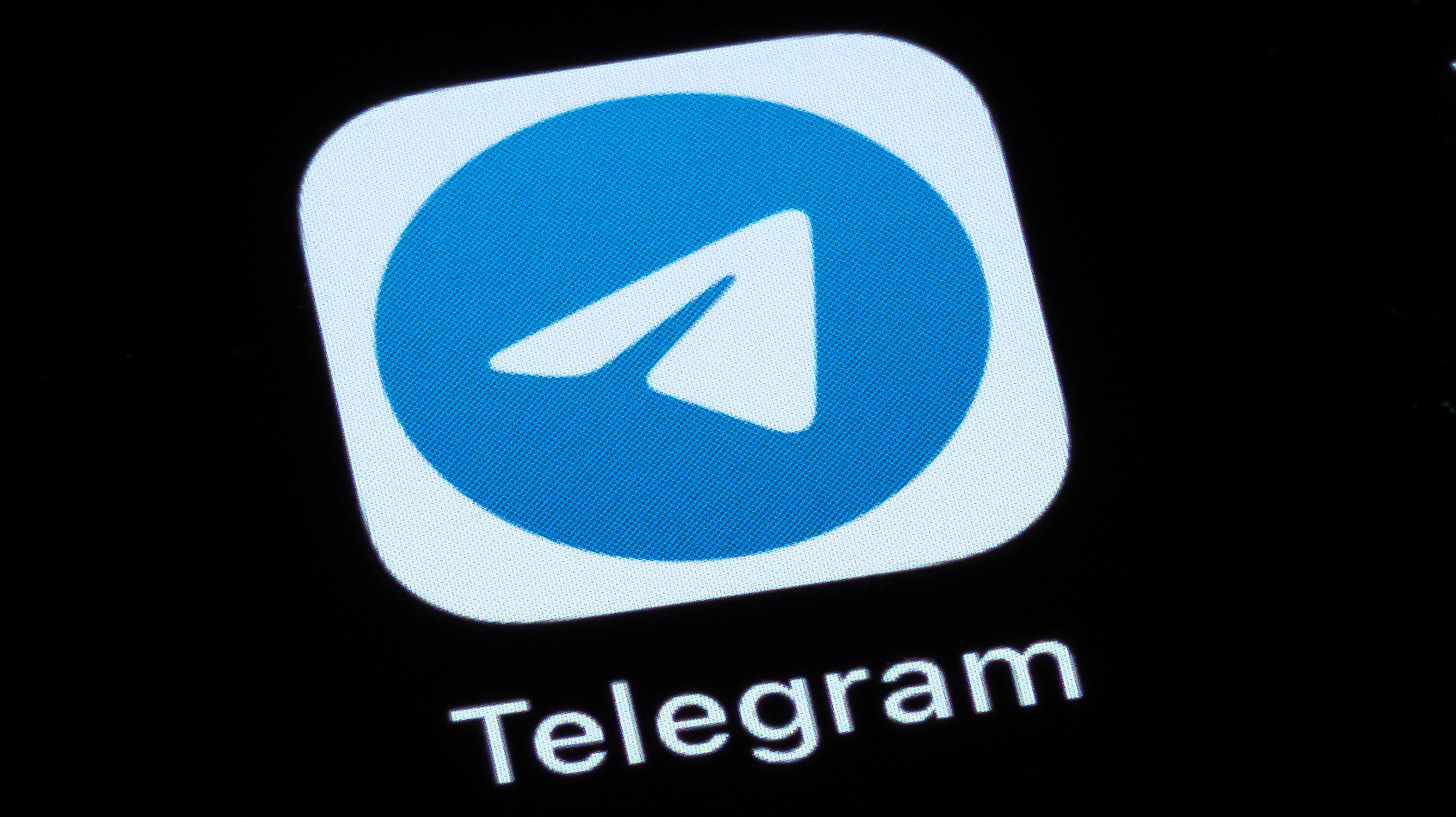A jury on Friday found Kyle Rittenhouse not guilty on all counts in his murder trial connected to the shootings of three people during unrest in Kenosha during the summer of 2020.
The decision comes on the fourth day of deliberations as jurors weighed charges against Rittenhouse, aiming to determine whether he was the instigator of a night of bloodshed in Kenosha or a concerned citizen who came under attack while trying to protect property.
The jury of 12 had deliberated for three full days without reaching a decision.
As Rittenhouse was acquitted on all counts, he at first stood still and silent.
Get top local stories in DFW delivered to you every morning. Sign up for NBC DFW's News Headlines newsletter.
By the end of the reading of the third count, Rittenhouse began to shake and then, once the fifth not-guilty verdict was read, he appeared to sob and then fall down onto the table.
"To say that we were relieved would be a gross misunderstanding," Defense Attorney Mark Richards said while speaking to media outside his Racine office following the verdict. "Kyle is not here. He's on his way home. He wants to get on with his life. He has a huge sense of relief for what the jury did to him today."
U.S. & World
Prosecutor Thomas Binger said that while the state is "disappointed with the verdict, it must be respected."
"We are grateful to the members of the jury for their diligent and thoughtful deliberations," Binger said in a statement. "The Kenosha community has endured much over the past 15 months, and yet we remain resilient and strong. We ask that members of our community continue to express their opinions and feelings about this verdict in a civil and peaceful manner."
Rittenhouse, 18, was on trial for killing two men and wounding a third with a rifle during a turbulent night of protests that erupted in Kenosha in the summer of 2020 after a Black man, Jacob Blake, was shot by a white police officer. Rittenhouse said he acted in self-defense, while the prosecution argued he instigated the bloodshed.
The case has become a flashpoint in the U.S. debate over guns, racial-justice protests, vigilantism and law and order.
The jury appeared to be overwhelmingly white. Prospective jurors were not asked to identify their race during the selection process, and the court did not provide a racial breakdown.
Members of Blake's family said "this is a sad day for justice in America," though many experts said the verdict wasn't unexpected.
"I'm not really surprised from a legal basis," said Attorney Thomas Glasgow, a former prosecutor. "When you take all the politics out of this, this was an extremely difficult case for the prosecution."
Still, experts say many questions linger about decisions made during the trial, including one in which Judge Bruce Schroeder allowed a juror to take instructions home.
"To be allowed to take jury instructions home to me suggests that you're almost encouraging those juries to do their own research, to get online and say, 'Well, what does this count mean and how much time does it carry with?' I'm sure it was all in their mind," said criminal defense attorney April Preyar. "No one wanted to send a 17-year-old boy away for the rest of your life. I'm sure someone in that jury room knew what the sentencing range was, they heard the word, some independent research was absolutely from it."
Rittenhouse was 17 when he went to Kenosha from his home in Antioch, Illinois, in what he said was an effort to protect property from rioters in the days after Blake was shot.
In a fast-moving series of clashes in the streets, Rittenhouse shot and killed Joseph Rosenbaum, 36, and Anthony Huber, 26, and wounded Gaige Grosskreutz, now 28.
During closing arguments Monday, prosecutor Thomas Binger said that Rittenhouse was a “wannabe soldier” who set the deadly chain of events in motion by bringing a rifle to a protest and pointing it at protesters just before he was chased.
But Rittenhouse lawyer Mark Richards countered that Rittenhouse was ambushed by a “crazy person” — Rosenbaum.
Rittenhouse testified that Rosenbaum chased him down and made a grab for his rifle, causing him to fear the weapon was going to be used against him. His account of Rosenbaum’s behavior was largely corroborated by video and some of the prosecution’s own witnesses.
As for Huber, he was gunned down after he was seen on video hitting Rittenhouse with a skateboard. And Grosskreutz admitted he had his own gun pointed at Rittenhouse when he was shot.
In his instructions to the jury, Schroeder said that to accept Rittenhouse’s claim of self-defense, the jurors must find that he believed there was an unlawful threat to him and that the amount of force he used was reasonable and necessary.
“…Today’s verdict means there is no accountability for the person who murdered our son. It sends the unacceptable message that armed civilians can show up in any town, incite violence, and then use the danger they have created to justify shooting people in the street," Huber's family said in a statement. "We hope that decent people will join us in forcefully rejecting that message and demanding more of our laws, our officials, and our justice system.”
President Joe Biden also addressed the verdict saying "I stand by what the jury has to say."
"The jury system works," he said.



